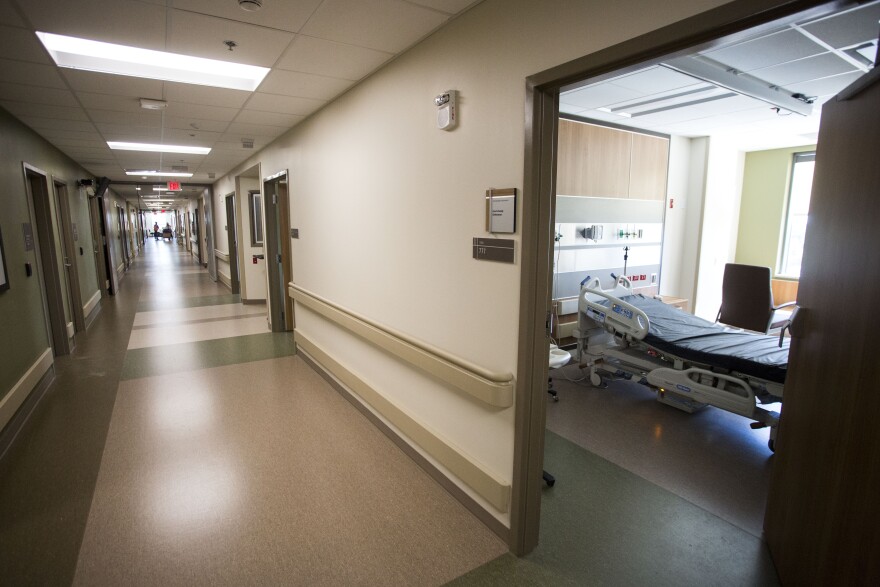Almost a million low-income Texans would likely enroll in Medicaid if the state were to expand the program under the Affordable Care Act, according to a new report from the Bush School of Government and Public Service at Texas A&M University.
The study found that more than 1.2 million Texans would be newly eligible for Medicaid benefits if lawmakers expanded the program this year. Based on what has happened in other states, though, it is estimated about 950,000 Texans would sign up for a plan.
The Affordable Care Act allows states to expand Medicaid to cover more low-income individuals. Texas is currently one of just a dozen states in the country that hasn’t expanded the program. It is also the state with the highest uninsured rate.
State officials have refused to expand the program, partly because, they argue, it will hurt the state’s budget. Researchers found, though, that when other states expanded their Medicaid programs, doing so did not hurt their budgets.
“Despite a 24% increase in average Medicaid spending among expansion states,” researchers wrote, “there was less than a 1% increase in total state spending, and this was not due to reductions in other budget areas like education or transportation.”
Laura Dague, one of the researchers, said this is mostly because the federal government has foot almost all of the bill. She also said there is evidence that expanding Medicaid has a net positive effect on a state’s economy.
“That can bring a lot of additional federal dollars into the state, which potentially can have other benefits in the health care sector and in the larger economy,” she said.
According to the study, expanding Medicaid would bring in $5.41 billion annually to Texas, which could be helpful as the state's economy gets through and recovers from the pandemic.
Dague said the money would also provide relief to struggling health care providers all over the state.
“Both rural and urban areas of the state will benefit from this,” she said, “but in terms of differences … hospitals in rural areas tend to be more dependent on public payers as a revenue source.”
Got a tip? Email Ashley Lopez at alopez@kut.org. Follow her on Twitter @AshLopezRadio.
If you found the reporting above valuable, please consider making a donation to support it. Your gift pays for everything you find on KUT.org. Thanks for donating today.




